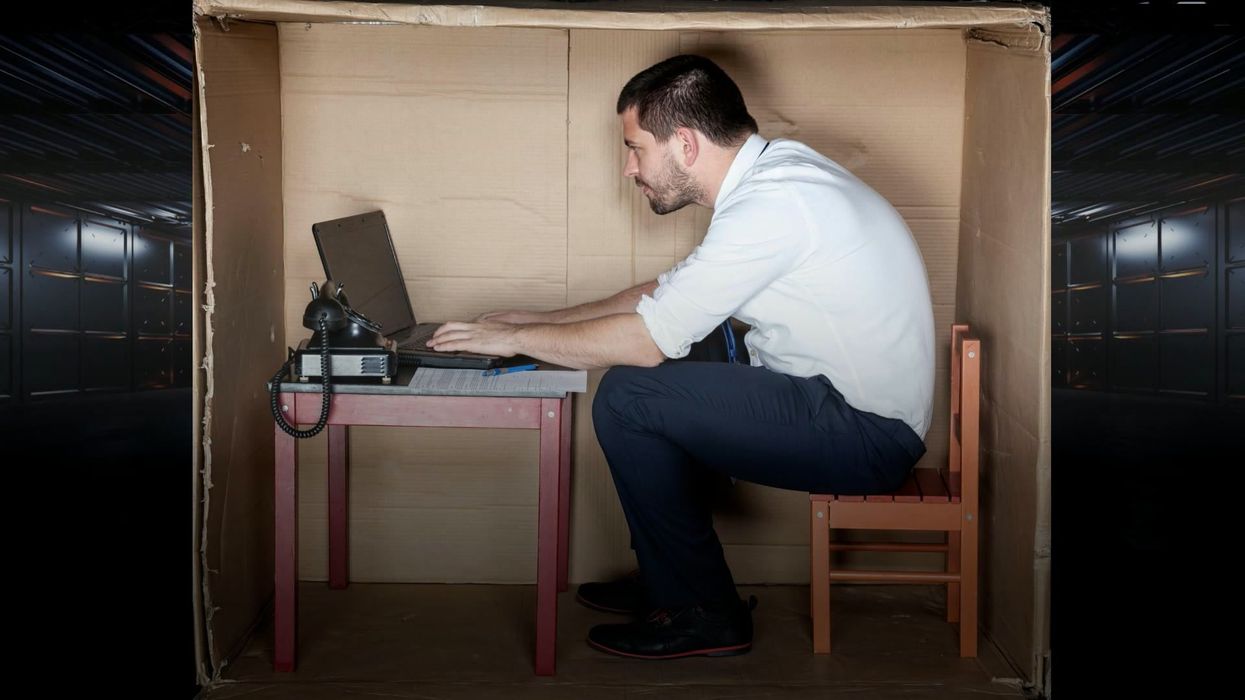First, there was micro-retirement, and now "micro-shifts' are the latest Gen Z workplace trend.
Shift work has been revamped by the younger generation, but what exactly does this mean?
"Micro-shifts" are short periods of work consisting of six hours or less and geared towards being more flexible. It's all about ensuring that workers have a better work-life balance, so they can manage other responsibilities in their life, such as education and caregiving.
This trend was reported in a recent workforce analysis, The Big Shift: U.S. 2025 by Deputy, which discovered that this kind of flexible working was popular among Gen Z - with 51.5 per cent- following the pattern.

You've heard the phrase "work smarter, not harder," then this sums up the mentality behind the shift (pardon the pun) in thinking for the younger generation, especially with the continued rise in the cost of living, and general uncertainty of the job market.
While Gen Z may be bucking the trend, shorter average shifts have also been seen among Baby Boomers and Gen Alpha too, according to Silvija Martincevic, Deputy’s CEO who described it as a "generational shift" to Forbes.
Where are we seeing this most?
Both hospitality and service industries are where "micro-shifts" are seen the most, as there is less regulation in other areas such as healthcare, as per Deputy's report.
Demographically, women in lower-paying service jobs make up the most "micro-shift" workers with 68 per cent of Gen Z, and 25 per cent of Millennials doing this to help ease the economic strain.
What's causing the rise in 'micro-shifts'?
There are three factors which have contributed to the rise of this trend, says Martincevic.
Economic pressure is the first contributing factor, and people take on and manage multiple jobs to get by, so "micro-shifts" are vital for those wanting to juggle their various jobs.
Technology is the second factor, as we see AI being implemented into our working lives, as Martincevic noted the "transformative role" this is having on the workforce.
"...our data shows 45 per cent of workers report an enhanced work-life balance thanks to AI-driven scheduling, reflecting how tech is being leveraged to boost flexibility and productivity in shift-based industries. In retail and logistics, 82 per cent of large businesses now rely on AI scheduling tools to streamline operations and enhance employee satisfaction," Martincevic explained.
Meanwhile, micro-shift workers see the implementation of AI micro-shift workers as a positive, as 63 per cent believe it's a tool that can enhance their role, instead of replacing them.
The increase in more people wanting services that require humans such as healthcare, social care, and hospitality, and as a result it's creating more sustainable positions.
The positive of 'micro-shifts'
Paul Farnsworth, president of Dice, believes "micro-shifts" can enable workers to upskill thanks to the flexibility this type of work can offer.
"With the emergence of AI, this need for continual learning and a constant focus on shifting one’s career to meet the market is more important than ever," he told the same publication.
While Martincevic noted that we're already embracing micro-shifts with open arms with working from home, where workers can do their work while also completing household chores such as the laundry, doing the dishes, etc.
All in all, she believes "micro shifts" will "challenge outdated assumptions about work and unlock a huge pool of untapped talent".
Elsewhere, Gen Z claim they're 'micro-retiring', and 10 workplace jargon phrases deemed 'annoying' by Gen Z and Millennials
How to join the indy100's free WhatsApp channel
Sign up to our free indy100 weekly newsletter
Have your say in our news democracy. Click the upvote icon at the top of the page to help raise this article through the indy100 rankings.














